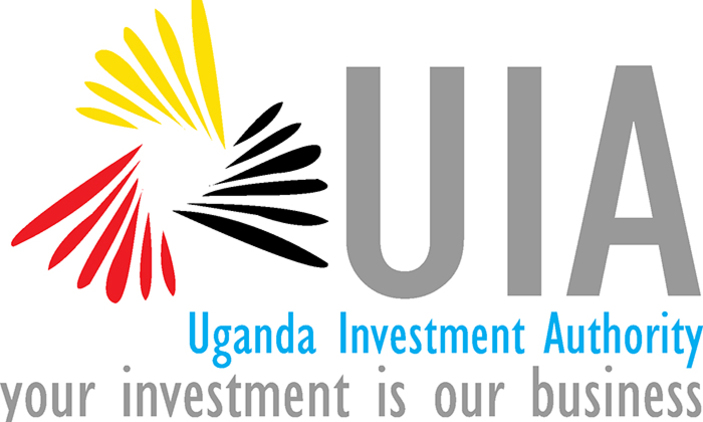Challenges of Starting a Business in Uganda as an Investor.
The Uganda Investment Authority (UIA), a government agency responsible for promoting and facilitating investment in Uganda, is failing to provide necessary support or resources for investors, making it hard for them to succeed. This has led to a decline in foreign investment in Uganda and hindered the country’s economic growth.
The investment issues in Uganda.
Established in 1991, the UIA’s mission ios to “promote and facilitate investment in Uganda, to contribute to the country’s economic growth and development.” However, the agency’s shortcomings have caused many companies to abandon their operations in Uganda.
Notable examples include:
J TV, a leading television network
Shoprite, a multinational retail company.
Nakumatt, a regional supermarket chain.
Tuskys, a Ugandan supermarket chain.
Game, a multinational retail company.
Africell, a telecommunications company.
These companies entered the Ugandan market but left due to the UIA’s inability to provide a conducive business environment.
Furthermore, the UIA’s failure to support investors has deterred potential investors, as seen in the case of Kiteezi, where a garbage management project aimed to convert waste into energy, producing electricity and reducing Uganda’s reliance on fossil fuels. However, the UIA’s lack of support and resources made it impossible for the project to take off.
Uganda’s infrastructure development has also suffered due to political interference and corruption. The lack of a functional train system, for instance, has contributed to the city’s traffic congestion.
To stimulate development, it’s essential for the UIA to reform and start providing the necessary support and resources for investors. This includes streamlining registration processes, offering incentives, and fighting corruption. Only then can Uganda attract meaningful investment and achieve genuine growth.

Comments are closed.